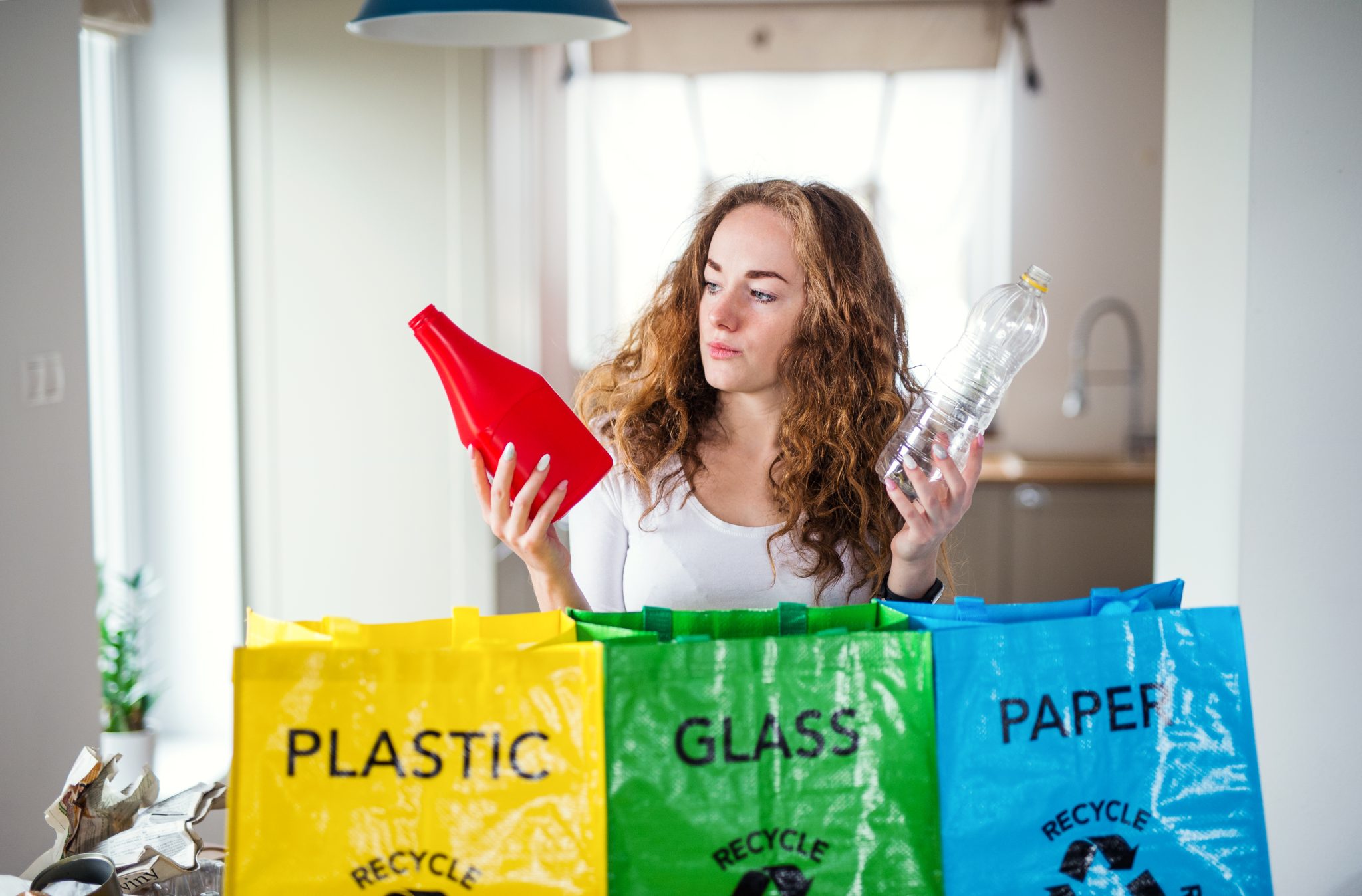
Many organizations, from waste management providers to governments, are offering new plastics strategies to shift to a climate-neutral circular economy by 2050. The Single-Use Plastics Directive and Packaging Regulation are among the most important regulations.
Learn more: Laws and regulations on circular economy.
Plastics take hundreds of years to biodegrade, even 500-1000 years ! for some types. . This means it takes up space in landfills and pollutes the environment for much longer. In addition, recycling plastic saves limited natural resources and energy. Since plastics are made from petroleum, the less plastic that is made from raw materials, the more petroleum that can be saved by using a combination of food-grade recycled materials and new plastics.
Plastics other than common plastics and household waste are recyclable, but may require more specific measures.
The number on the plastic is a plastic resin code that quickly shows which plastic the product belongs to. The numbers range from 1 to 7, where 7 means “other”. (usually located at the bottom)
The most common recycled plastics are:
1 – Polyethylene terephthalate (PET) – water bottles and packaging containers
2 – High Density Polyethylene (HDPE) – milk bottles and trays
3 – Polyvinyl chloride (PVC) – water pipes for building materials
4 – Low-density polyethylene (LDPE) – food bags, packaging film
5 – Polypropylene (PP) – woven bags and disposable trays
6 – Polystyrene (PS) – electrical enclosures and toys
Whether different plastics are recyclable depends on how they are manufactured; thermosets contain polymers that form irreversible chemical bonds and cannot be recycled, while thermoplastics can be re-melted and re-molded.
Examples of non-recyclable plastics include snack wrappers, cellophane, coffee bags and deli bags, which should be disposed of in the trash. These items are not recyclable because they are made from multiple composite materials that cannot be separated.
Medical supplies, prescription medications, and pill bottles should be disposed of in a special garbage can because these plastics contain hazardous materials.
You can determine the type of commodity plastic by looking at the Resin Identification Code (RIC). (usually located on the bottom)
Of course, you can tell what type of plastic material it is by looking at its color, transparency, etc. For example, PET is usually very clear, HDPE is opaque, PVC is milky white, LDPE is very thin, PP is usually translucent or colored, and PS is usually clear or foamed.
Density Identification:
You can measure the density or specific gravity of a plastic material by weighing it in water.
The density of water 1g/mL is used as a reference, but this method is very limited, you need to use a similar sized piece of plastic to measure it, and the difference in density between plastics is not very big except for PVC and PP, other plastics are hard to observe by this method.
You can burn a small piece of plastic in a safe, ventilated place; different plastics have different burning characteristics that can help you identify them.
PET: Burning with dripping, yellow flame color with blue edge, smell of burnt rubber, burning fast, black smoke.
HDPE: dripping when burning, the flame color is blue with yellow edge, the smell is paraffin, burning speed.
PVC: no drops when burning, flame color is yellow with green edge, odor of hydrochloric acid, slow burning speed, white smoke.
LDPE: there are drops when burning, the flame color is blue with yellow edge, the smell is paraffin, burning speed.
PP: there are drops when burning, the flame color is blue with yellow edge, the smell is diesel flavor, slow burning speed.
PS: Drops when burning, the flame color is yellow, the smell is styrene and rubber, burning speed is fast.
Before entering the plastic recycling machine, the plastic is sorted according to resin type, either manually or mechanically by material and color. Once sorted, the plastic recycling machine removes the debris, crushes, washes, dries and pellets the plastic to form new polymers for reuse.
Once the plastic is recycled, the new pellets can be made into brand new products. We can provide a complete plastic recycling solution.
Learn more: plastic recycling Complete solutions

I'm the subject editor for Boxin Machinery and I've been working in the plastics recycling field for 15+ years .